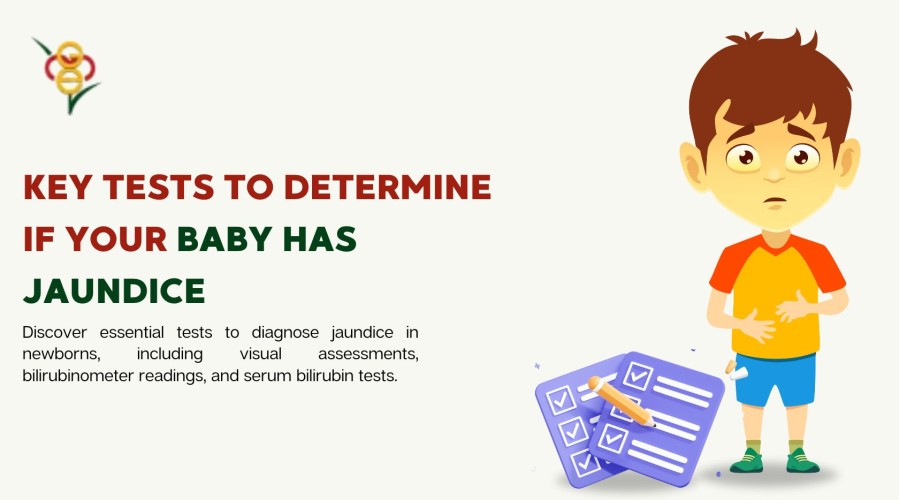Learn effective solutions for digestive problems with expert tips to improve gut health, reduce discomfort, and maintain a healthy digestive system.
What tests are available to find out if my baby has jaundice?

Jaundice is quite common among newborns and generally not a cause for alarm, but it's crucial to monitor it closely. This condition occurs when there is a build-up of bilirubin, a yellow pigment produced during the normal breakdown of red blood cells. If your baby's skin or eyes are looking yellow, it might be time to discuss jaundice testing with your pediatrician.
Common Tests to Detect Neonatal Jaundice
Testing for jaundice is straightforward and helps ensure that your baby is healthy and receiving the right care if needed.
Visual Assessment
Often, the first step in diagnosing jaundice is a visual inspection. A healthcare provider will look for yellowing in the skin and the whites of the eyes. While this method is quick, it’s not the most accurate, which leads to the need for further testing.
Bilirubinometer
This non-invasive device measures the bilirubin level through the skin (transcutaneous bilirubinometry). It's a quick, painless procedure that can be done right in the doctor’s office.
Serum Bilirubin Test
Considered the gold standard for measuring bilirubin levels, this test involves taking a small blood sample from your baby. The blood is then analyzed to provide a detailed report of bilirubin levels. This test provides accurate results and determines whether any treatment is necessary.
When to Seek Testing
It’s advisable to have your baby tested if they show signs of jaundice within the first 24 hours after birth, the jaundice is spreading or intensifying, or if your baby appears ill or is feeding poorly.
Advanced Diagnostics
In cases where newborn jaundice might indicate a deeper health issue, doctors might recommend additional tests:
Blood Type Testing
This test determines if the cause of jaundice is due to a blood type incompatibility between you and your baby.
Coombs Test
This test helps identify whether your baby’s immune system is making antibodies that attack their red blood cells. This condition can increase bilirubin levels and lead to more severe jaundice.
Treatments and Precautions
The course of treatment for jaundice depends on the severity and underlying cause. Mild cases might not require any treatment other than close monitoring and ensuring the baby is feeding well to promote regular bowel movements, which help excrete bilirubin.
In more severe cases, treatments may include phototherapy or even a blood transfusion, in rare instances, to rapidly decrease bilirubin levels.
Schedule an Appointment at GEM Hospital
If you're concerned about jaundice in your newborn, it’s crucial to consult with healthcare professionals who specialize in neonatal care. At GEM Hospital, our team is equipped with the expertise and technology to ensure your baby receives the best care possible. Schedule an appointment with us today to get the answers and assistance you need.
Blogs & Article
Explore current research trends in digestive health, including new treatments, advanced diagnostics, and innovations improving gut health and patient care.
Discover common digestive health myths and the real facts. Learn simple tips to improve gut health and maintain better digestion for a healthier life.


